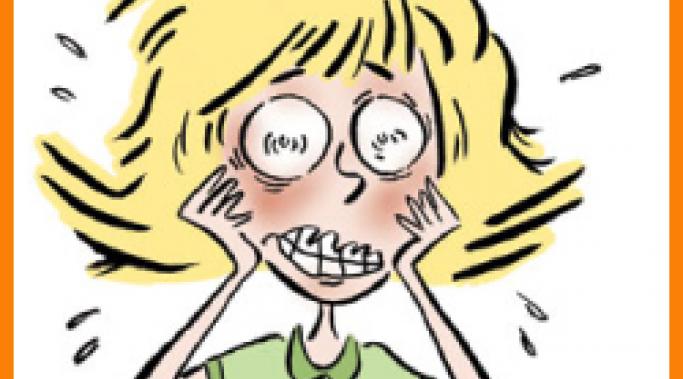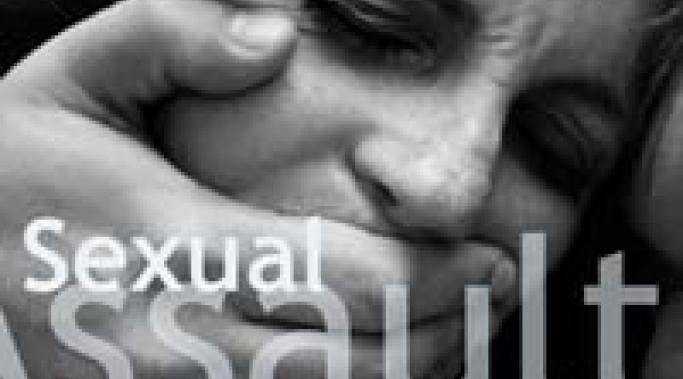Like it or not, stress is a part of life. Sadly, too much stress can cause a person with borderline personality disorder (BPD) to suffer from psychiatric symptoms. For example, after a death in the family and a close friend moving away (which happened within days of each other), I wrestled with self-harm urges. But there are ways to deal with stress and the BPD symptoms it causes. One such way is looking for humor--either in the situation or from outside sources.
Borderline Symptoms
It is with a heavy heart that I write this week's post. I recently suffered the loss of a loved one--my great-aunt Lu, my Grandma Oberg's twin sister. While this loss has been tempered by the birth of a new nephew, it made me think of how bereavement can affect psychiatric symptoms. Short version: our psychiatric symptoms can flare up when we suffer any kind of loss.
Depressed? You might try asking yourself "Why do I feel this way?" Insight into your depression symptoms can often help you feel better. More Than Borderline's Becky Oberg explains how and why in this video.
Yesterday, I told my therapist that all I wanted was "a stiff drink and a sharp blade". As you can imagine, this did not go over well. Yet it made me think--how does substance abuse affect the symptoms of borderline personality disorder (BPD)?
I had to cope with nightmares last night, nightmares related to a traumatic event I went through. That's one of the downsides of borderline personality disorder--the nightmares can leave you shaken up for the entire day. But there's good news: there are ways to cope with nightmares and night terrors and not let them get to you. Three such ways are thought stopping, rewriting the nightmare, and understanding what the dream means.
When someone suffers from borderline personality disorder (BPD), he or she needs to beware of the word "masochism". According to Dr. Aphrodite Matsakis' I Can't Get Over It, some people are quick to label a person who has experienced multiple traumas a masochist and interpret their misfortunes as a desire to be miserable. For example, when I was sexually assaulted, I was told I was "maybe not consciously" asking for it.
It's a myth as old as trauma--"I let it happen." It's easy to believe it and blame ourselves for the trauma that led to our symptoms of borderline personality disorder (BPD). But it's a myth that can be very destructive, and we need to realize that.
Dear Addiction,
What can I say about you? I love you or I wouldn't be an addict--if I didn't love you I wouldn't turn to you to cope. Yet I hate you, because you're trying and sometimes succeeding at taking over my life. You take my money, you cost me opportunities to do something else instead of spend time with you, you take my mental and physical health, and you cause me to do some crazy things--even for a person with borderline personality disorder (BPD).
Remember the time we made a drunken pass at a drag queen in a New York City transvestite bar? Or the time we stripped down and said we were going to paint our bodies and run around the neighborhood whooping like a Native American warrior? Yeah, funny, but embarrassing. You gave me what I thought was a good time, when all the time I was running from the infamous crash. In many ways I'm still running while you call to me like a lover.
Sometimes we feel as if we're getting worse instead of better. Sometimes we feel as if we're in more pain, not less. This is due to emotional thawing.
Addiction is a common symptom of borderline personality disorder (BPD). However, many myths about addiction treatment keep people with BPD from seeking help. More Than Borderline's, Becky Oberg, explores these myths and the realities of addiction treatment. Watch.







